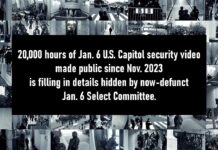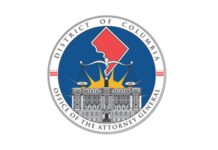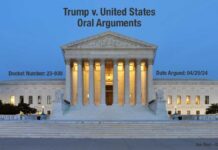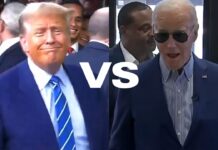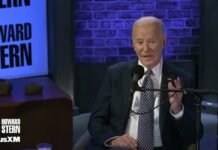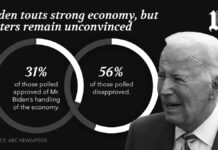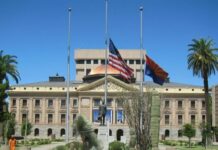
The Supreme Court of Idaho upheld recent legislative amendments to the state’s voter identification requirements.
The Supreme Court of Idaho on Thursday, April 11, upheld recent legislative amendments to the state’s voter identification requirements, affirming a lower court’s ruling in favor of the Idaho Secretary of State, Phil McGrane, which eliminated the use of student IDs for voter registration and in-person voting.
The unanimous ruling came in light of the suit filed by two voter advocacy groups last year, claiming two pieces of legislation disproportionately affected young and out-of-state college voters, infringing upon their right to vote and violating equal protection under the Idaho Constitution.
The opinion of the court said, in part, “we conclude House Bills 124 and 340 are reasonable exercises of the legislature’s authority to enact conditions on the right of suffrage under Article VI, section 4 of the Idaho Constitution.”
The Bills and Legal Arguments
House Bill 124 removed student IDs as acceptable proof of identity at polling places, while House Bill 340 revised the identification needed for voter registration, eliminating the option to use the last four digits of a social security number.
Instead, voters must now present a current Idaho driver’s license, a U.S. passport, a tribal identification card, or a concealed weapon license.
In their lawsuit, BABE VOTE and the League of Women Voters, the two voter advocacy groups, claimed these changes would unduly burden young voters and out-of-state students in Idaho, constituting an unequal and heightened burden on their fundamental right to vote.
Justice Robyn Brody, writing for the court, detailed that while voting is a fundamental right protected by the Idaho Constitution, the legislature is granted authority to prescribe reasonable qualifications and conditions on voter registration and voting.
The court held that the changes enacted by House Bills 124 and 340 did not infringe upon the constitutional rights to vote and were appropriately within the legislature’s scope to ensure the integrity and efficiency of elections.
In part, the court also found the groups’ arguments for lack of standing as un-persuasive when reviewing it with a strict lens, but said with a lenient view the groups did have standing.
By Chase Smith


